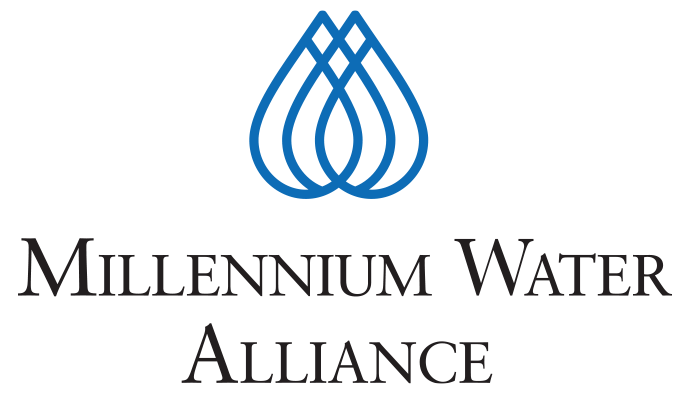See below for the 2013 plan summary for implementation of Lazos de Agua in Mexico:
Background
LWI will focus its implementation activities in Puebla and Oaxaca states. In the first year of the program, LWI will build protected spring boxes with hand pumps in rural, isolated communities. Later, LWI will focus on larger rural dispersed or peri-urban communities to support the local government in the rehabilitation of poor functioning piped water systems. WV will concentrate geographically in the municipalities of Tehuipango, Mixtla de Altamirano and Atlahuilco in Veracruz and San Miguel Soyaltepec in Oaxaca. Tehuipango is the most highly marginalized municipality in the State of Veracruz and is characterized by extreme poverty: over 80% of dwellings have dirt floors and nearly 70% lack access to safe water. In Oaxaca, the population of the municipality of San Miguel Soyaltepec is almost 100% Mazateca and the main language spoken is Mazateco Soyaltepecano.
Program Plan
Over the course of three years, LWI will construct 39 spring protection boxes and boreholes fitted with manual hand pumps. An average of 300 people will be served with a minimum of 20 lpcd by each water point. LWI will also work on rehabilitation of larger water systems in over 30 communities. WV will provide access to water at the household level through the construction of gutter systems connected to large capacity (19 – 25 m3) rainwater storage tanks. In the case of WV and some situations where LWI is working, since direct connections of chlorinated water to households will not be provided, it is necessary to widely promote point of use (POU) water treatment options because water that is potable at the source is often contaminated during transport and storage in the home. LWI will promote the Sawyer One Filter POU and distribute 5,000 units which it has used successfully with high adoption rates in the intervention communities in the past. World Vision will promote the LifeStraw Family POU filter manufactured by Vestergaard Frandsen and distribute 2,500 units. Fortunately, access to sanitation coverage is relatively high in both the LWI and WV intervention areas. LWI estimates that over 80% of the households in its intervention areas have access to at least one toilet or latrine. WV estimates that about 75% of households in its geographies have access to a toilet or basic latrine. Nonetheless, there are pockets of low sanitation coverage and World Vision will construct 180 household eco-latrines in San Miguel Soyaltepec, that are designed to recycle waste as agricultural fertilizer. In all intervention communities, hygiene promoters from LWI and WV will conduct trainings and workshops in communities, schools and clinics to promote sanitation upgrading and proper hygiene practices, especially hand-washing at critical times. Among the strategies employed will be the formation of community care clubs, trainings for community health promoters and other participatory approaches that enable behavior change. Within the MAP-LAP, Akvo FLOW will be used to collect the baseline and monitoring and evaluation data for the program by means of household, community water board, water point, and water quality surveys.
Goals
Ill-health associated with deficits in water and sanitation undermines productivity and economic growth, and contributes to a cycle of poverty. The overall goal of this Program is to contribute to improvements in health and livelihoods in rural Latin America through increased access to safe water and improved sanitation and hygiene.
Through an integrated, community-based approach, the program focuses on eradicating water poverty, minimizing environmental degradation of water resources, and creating a healthier living environment.
Sustainability
Keeping water flowing in poor, rural, and marginalized areas after WASH investments are made has proven to be among the most difficult development challenges for NGOs and donors. Sustainability is defined by MWA and its partners as access to a continuous supply of safe water over time, the practice of financial accountability and transparency by all water management committees, the setting, adjusting and collecting of tariffs appropriate to provide a professional service and fund the maintenance, repair and replacement WASH infrastructure over its life-cycle. It is with these guiding principles that MWA implements hardware activities and builds the self-sufficiency of local communities, local governments and other stakeholders. MWA and many of its members have been deeply involved in an external collaborative process to develop and endorse a sustainability charter to align WASH stakeholders around a set of common sustainability principles, catalyze adoption of these principles worldwide, and provide a framework to facilitate ongoing learning. This charter, which reflects the sustainability principles MWA programs follow, is available at www.washcharter.org.
